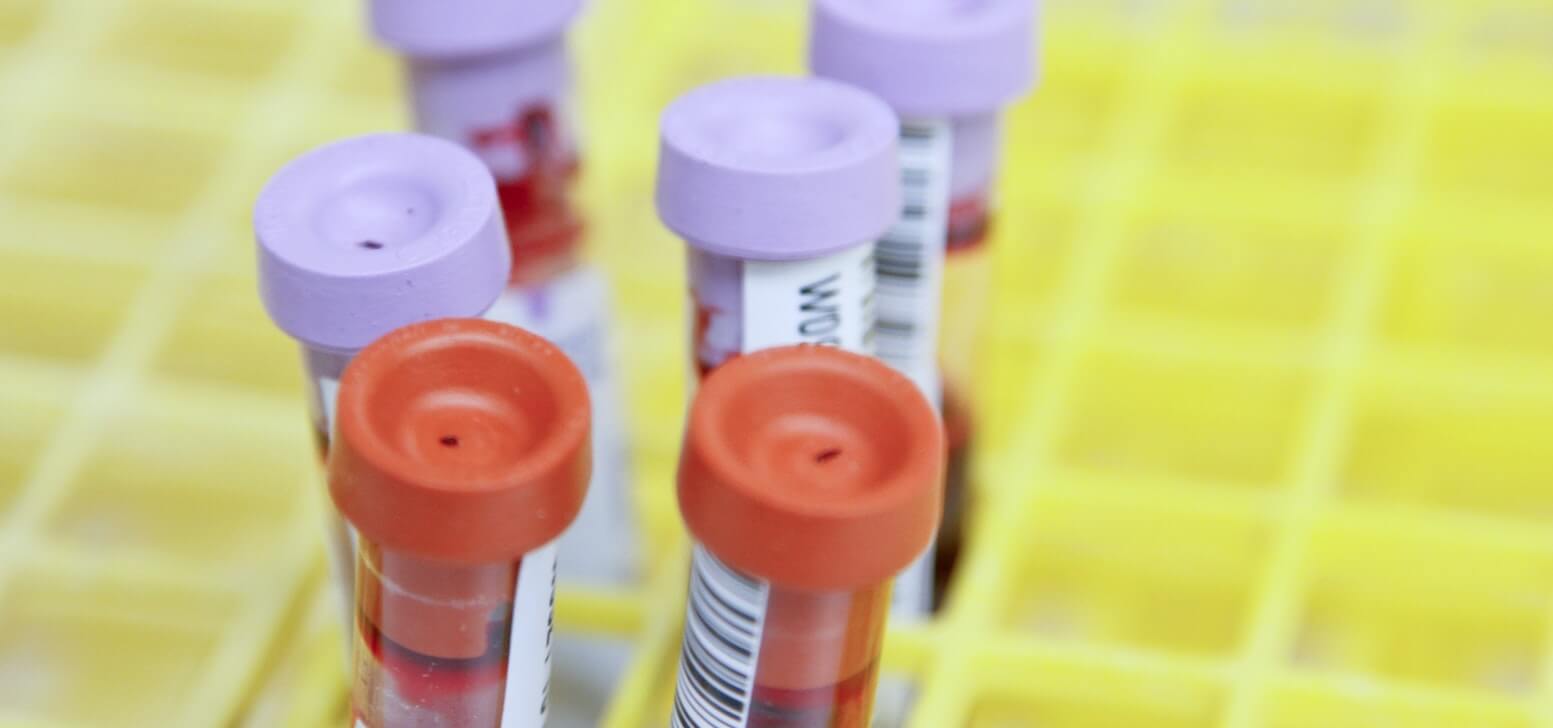Life insurance can help give your loved ones financial protection if you were to pass away.
When applying for life insurance, the insurance company basically calculates your life expectancy.
That might sound a little morbid, but this gives the life insurance company a better idea of approximately when they might need to pay out a death benefit to your beneficiaries, or if they’ll need to pay one out at all (in the case of a term life insurance policy, which—if all goes well—you’ll outlive).
For many life insurance policies a required health exam is a crucial part of the underwriting process. The exam helps give the insurance company a basic snapshot of your overall health, so they can decide if you qualify for coverage—and how much that coverage will cost you.
Below, we’ll break down the basics of a life insurance medical exam, so you can know what to expect.
At Lemonade, a medical exam isn’t always required to qualify for term life insurance, but you might be required to complete one, depending on the medical information you provide . Prices start as low as $8/month, and you could get covered for between 10 and 40 years and up to an unlimited maximum amount of coverage.
Before the exam
Scheduling the appointment
Some life insurance companies partner with paramedical companies that test and examine individuals who might want to take out a life insurance policy.
You’ll likely get a phone call from the medical service company to set up the appointment. You can choose to have the exam at home or at work, or you can try to make an appointment at the paramedical company’s offices. The exam takes around 15 to 45 minutes.
Good news: The insurance company covers the cost of the exam.
Before the exam
The day before the exam, try to avoid high-cholesterol or salty foods, over-the-counter medication, alcohol, or strenuous exercise. Drink lots of water, and get a good night’s sleep. When scheduling your appointment, ask if you need to fast for the 12 hours before the exam.
Arrive at your appointment in short sleeves, or a shirt that you can easily roll up (for the blood test), and comfortable clothes (don’t worry, you won’t have to get undressed). Arrive at your appointment with a photo ID and your application documents at the ready.

The exam
The medical questionnaire
The technician, nurse, or physician will get things going by asking you a series of questions about your medical history.
This includes information about what medications you take, and the dosages. They will also ask you if you have been hospitalized recently, and for what reasons, plus inquire about any psychiatric or medical conditions you may have been diagnosed with in the past 5 years.
This should maybe go without saying, but we’re saying it anyway—it’s really important that you’re honest. If the insurer finds out you lied or left out information at this stage, the insurance company can discontinue your coverage down the line, or deny any claims.
The physical exam
This is where the “fun” starts! The medical professional will record your weight and height and take your blood pressure. You will be asked to provide a urine sample and a blood sample to test your cholesterol levels, blood sugar, and check for nicotine or drug use (including things like marijuana, even if it’s legal where you live).
Depending on your age and your desired coverage amount, the insurance company might ask for you to have an electrocardiogram (EKG), to check your heart health. On rare occasions, insurers might also ask for an X-ray, saliva sample, or a treadmill stress test.
After the exam
Your life insurance company will probably take a few weeks to process your medical exam results. You can usually get a copy of your test results within 5 to 6 weeks, which you can submit to other life insurance companies if you’re denied coverage, or if you’re looking to shop around.
Apply for coverage
If you’re between the ages of 20 and 75, you could qualify for a term life insurance policy offered by Lemonade.
You can start your application on desktop or through our mobile app. Lemonade’s friendly chatbot Maya will ask you a series of questions about your age, lifestyle, and health history, and then you will be transferred to a phone call with an experienced life agent from our partners, Legal & General, who will help you customize your policy and complete your application.
In some cases, you may be required to answer some additional questions or complete a medical exam, but we and our partners will walk you through every step. Get your quote now to give your loved ones financial security and peace of mind.
A few quick words, because we <3 our lawyers: This post is general in nature, and any statement in it doesn’t alter the terms, conditions, exclusions, or limitations of policies issued by Lemonade, which differ according to your state of residence. You’re encouraged to discuss your specific circumstances with your own professional advisors. The purpose of this post is merely to provide you with info and insights you can use to make such discussions more productive! Naturally, all comments by, or references to, third parties represent their own views, and Lemonade assumes no responsibility for them. Coverage may not be available in all states.




